The world needs more food and it needs it now. Currently almost one billion people suffer from hunger. That number may soon rise because in 40 years the planet's population will climb to more than 9 billion people, requiring 70% more food. The troubling part is that around the world people are leaving the food-producing countryside to move to cities.
More people and less food production? How will we feed everyone in the coming century?
The International Fund for Agricultural Development's (IFAD) Rural Poverty Report 2011 argues that investing in rural people is critical for reducing hunger and poverty and helping to build thriving economies. To support them: 1) governments and NGO's must reduce the risk that poor people face when investing in their farms, 2) the rural places in the developing world must be attractive places for people to live and learn and prosper, and 3) opportunities for education and skills development in the rural areas need to be expanded.
Moravavy Seraphine and her daughter Maria are perfect examples of what's at stake.
Credits
Logistical Support
Enza Falco
James Heer
Mamy Ludger
Florette Raverohanta
Benoit Thierry
Related Links
Goal
The world needs more food and it needs it now. Currently almost one billion people suffer from hunger. That number may soon rise because in 40 years the planet's population will climb to more than 9 billion people, requiring 70% more food. The troubling part is that around the world people are leaving the food-producing countryside to move to cities.
More people and less food production? How will we feed everyone in the coming century?
The International Fund for Agricultural Development's (IFAD) Rural Poverty Report 2011 argues that investing in rural people is critical for reducing hunger and poverty and helping to build thriving economies. To support them: 1) governments and NGO's must reduce the risk that poor people face when investing in their farms, 2) the rural places in the developing world must be attractive places for people to live and learn and prosper, and 3) opportunities for education and skills development in the rural areas need to be expanded.
Moravavy Seraphine and her daughter Maria are perfect examples of what's at stake.
The Challenge
The International Fund for Agricultural Development (IFAD), an agency of the United Nations, approached MediaStorm to create a compelling story that would accompany their Rural Poverty Report 2011. The Rural Poverty Report 2011 is a thorough, 167-page research document that includes personal testimonials, policy recommendations, and extensive research on how life is changing for smallholder farms and other rural people in the developing world.
According to the report:
- Close to one billion people suffer from hunger worldwide.
- The planet's population will reach more than 9 billion by 2050, requiring 70% more food.
- Currently in the developing world more than half the population lives in rural areas, but in 10-15 years the majority of people will live in cities. Which means, soon, less people will be farming while the overall population is growing.
Simply put: we need to produce more food and massive migration from rural areas needs to end. To produce more food, farmers need need improved skills to practice efficient and sustainable growing techniques and they need to be empowered and organized to take advantage of existing food markets. To make rural places more attractive places to live, governments need to invest in rural education and the rural non-farm economy.
The challenge was to find a single individual who represented the findings of the report including the successes and shortcomings of governments around the world. An additional challenge was to place the character within a global context and not simply portray the individual as a product of the country in which s/he lived.
The International Fund for Agricultural Development (IFAD), a specialized agency of the United Nations, was established as an international financial institution in 1977 as one of the major outcomes of the 1974 World Food Conference.
The Solution
MediaStorm sent producer Brad Horn to Madagascar to work with an IFAD-funded organization called the Rural Income Promotion Program (abbreviated in French as PPRR). Together they worked to identify a woman farmer who could be the subject of a character-driven piece. Horn interviewed five possible candidates as subjects for the story, from whom he chose one woman, Moravavy Seraphine, and her daughter, Maria, as the characters.
Moravavy Seraphine is a small farmer on Madagascar's east coast. She and her 12-year-old daughter, Maria, experienced a tremendous shock in late 2009 when Seraphine's husband died of diabetes. Fortunately for their family they had decided to work with PPRR just prior to his death. The organization provided them with a variety of high-quality crop seeds that gave the family a high yield. As a result, they went from earning about $450 in 2009, to earning more than $2000 in 2010 — more than a four-fold increase.
Yet a large dilemma still looms in Seraphine's and Maria's lives: whether or not to continue Maria's schooling when it's expensive and pull Maria out of the fields. Additionally, if Maria does continue her education past high school the family hopes she can study abroad, meaning she will be separated from her mother.
Seraphine and Maria were chosen as subjects because they were able to overcome a major shock (death of the head of household) due to the assistance from an agricultural organization. But they also personified the "flight from the countryside" that is considered by families around the world in order to find better lives
To provide context and make the telling of their story more global, narration and text slides were employed in the production of the MediaStorm piece.
About The Client
The International Fund for Agricultural Development (IFAD), a specialized agency of the United Nations, was established as an international financial institution in 1977 as one of the major outcomes of the 1974 World Food Conference.
MediaStorm Project Showcase
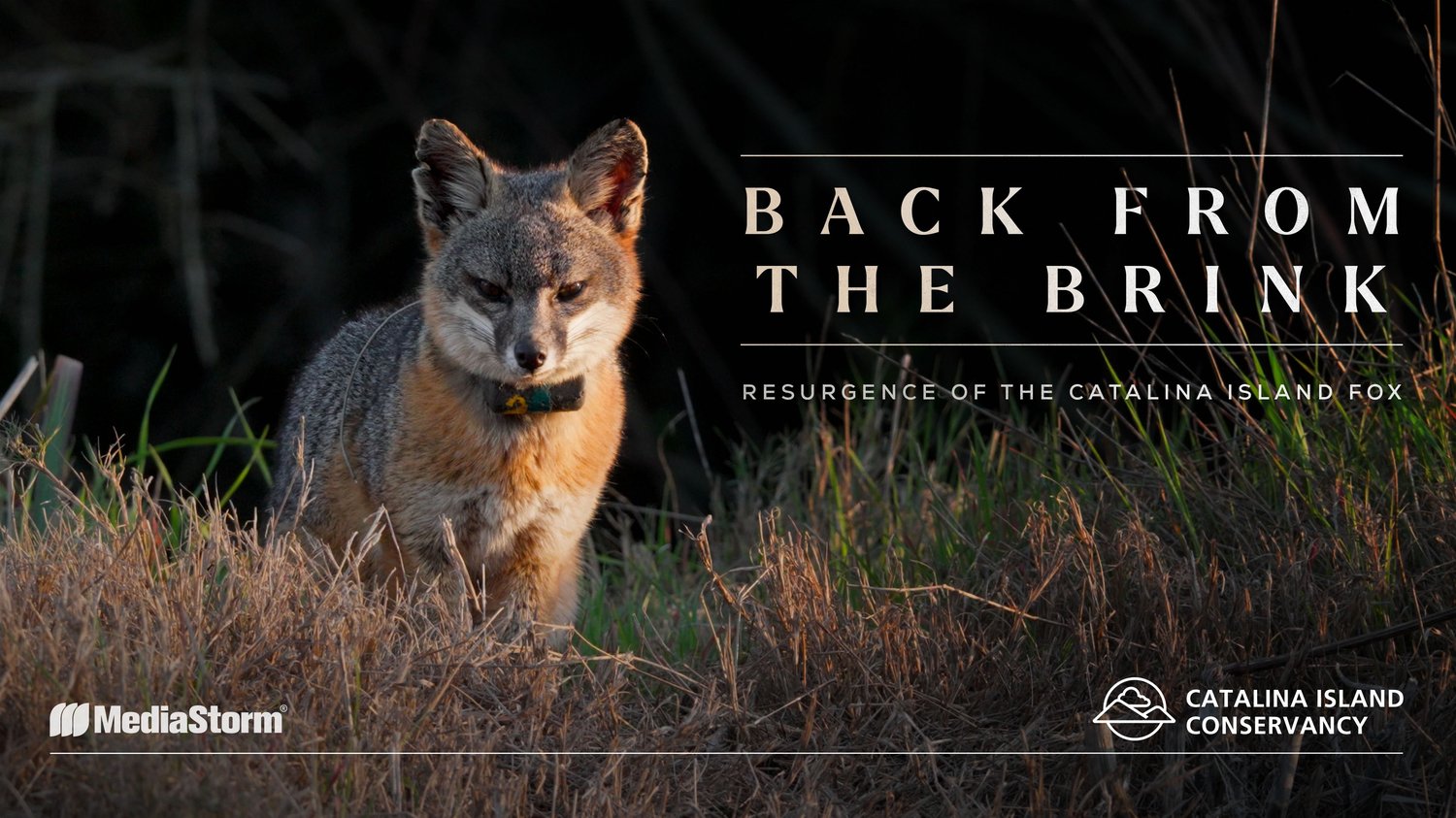
Once teetering on the brink of extinction, the Santa Catalina Island Fox made a dramatic recovery. Its resurgence marks one of the greatest conservation success stories in United States history.

In the shadow of Silicon Valley’s booming technology industry, a growing number of people remain out in the cold. Skyrocketing housing prices in America’s hub of innovation have pushed many onto the streets, straining policymakers to find solutions to a homelessness problem that impacts everyone in the community.

This page recognizing Zora J Murff for ICP’s 2023 Infinity Award for Documentary Practice and Visual Journalism features a film about his life, a slideshow of his projects and extra clips of his thoughts about his work and motivation.

Sebastião Salgado says "a good picture, a fantastic picture, you do in a fraction of a second, but to arrive to do this picture, you must put your life in there."

Esther Horvath has sent questions to the universe and she has received answers. She found her calling to tell visual stories that show the full research story behind our climate data.

See photographer Acacia Johnson’s growth from her earliest explorations of Alaskan landscapes to a National Geographic cover for a documentary project among indigenous people of the Arctic.

Sir Don McCullin never intended to become a photographer. He found it hard to believe he’d ever escape the poverty of North London. But a spur of the moment photograph launched McCullin into a career spanning 50 years in photography.

As the U.S. prepares for the final drawdown of soldiers from the conflicts in Iraq and Afghanistan, Soledad O’Brien and MediaStorm take an intimate look at two veterans as they struggle with the transition from war to home.

Writer Zadie Smith pays homage to photographer Deana Lawson in the artist’s first Monograph for Aperture.

As a formerly incarcerated person, Michael struggled for work, and found purpose in being a husband, father, and activist. But 7 years since his release from prison, the cost of Michael’s activism is evident.

Benny is a “certified” garbologist. He collects what others throw away. Benny is also at war with his family. Here is a man sharing a house with his wife but living as a stranger. This is a household on the edge.
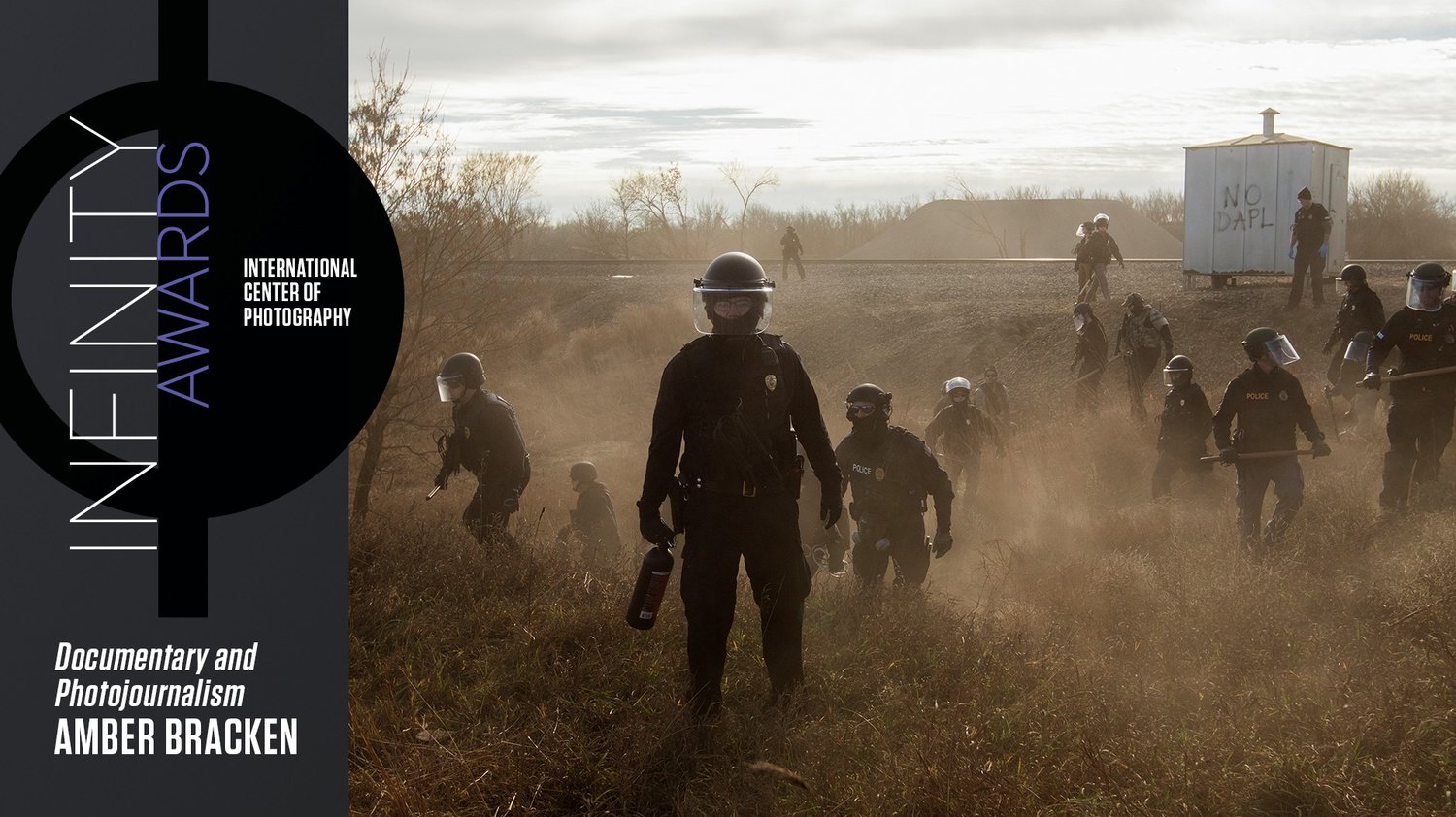
Photographer Amber Bracken recognized something deeper than a protest was afoot when hundreds of tribes gathered at the Standing Rock reservation in opposition to the Dakota Access Pipeline.

How does the death of a child change a parent? How does the death of a parent change a child? How do these moments change us as we develop and grow further away from who we were as children?

Maurice Berger–cultural historian, and columnist for the New York Times’ Race Stories–has spent his career studying and teaching racial literacy through visual literacy.

Japan’s Disposable Workers examines the country’s employment crisis: from suicide caused by overworking, to temporary workers forced by economics to live in internet cafes, and the elderly who wander a town in search of shelter and food.

Karl Ove Knausgaard is the celebrated author of a massive six-volume autobiography. But Knausgaard remains confused by the attention. This is a portrait of a man who has achieved massive success yet still considers himself unworthy.

Michael Thomasson has devoted his life to video games. It’s been his passion and his obsession for more than three decades. He owns over 11,000 unique game titles for more than 100 different systems.
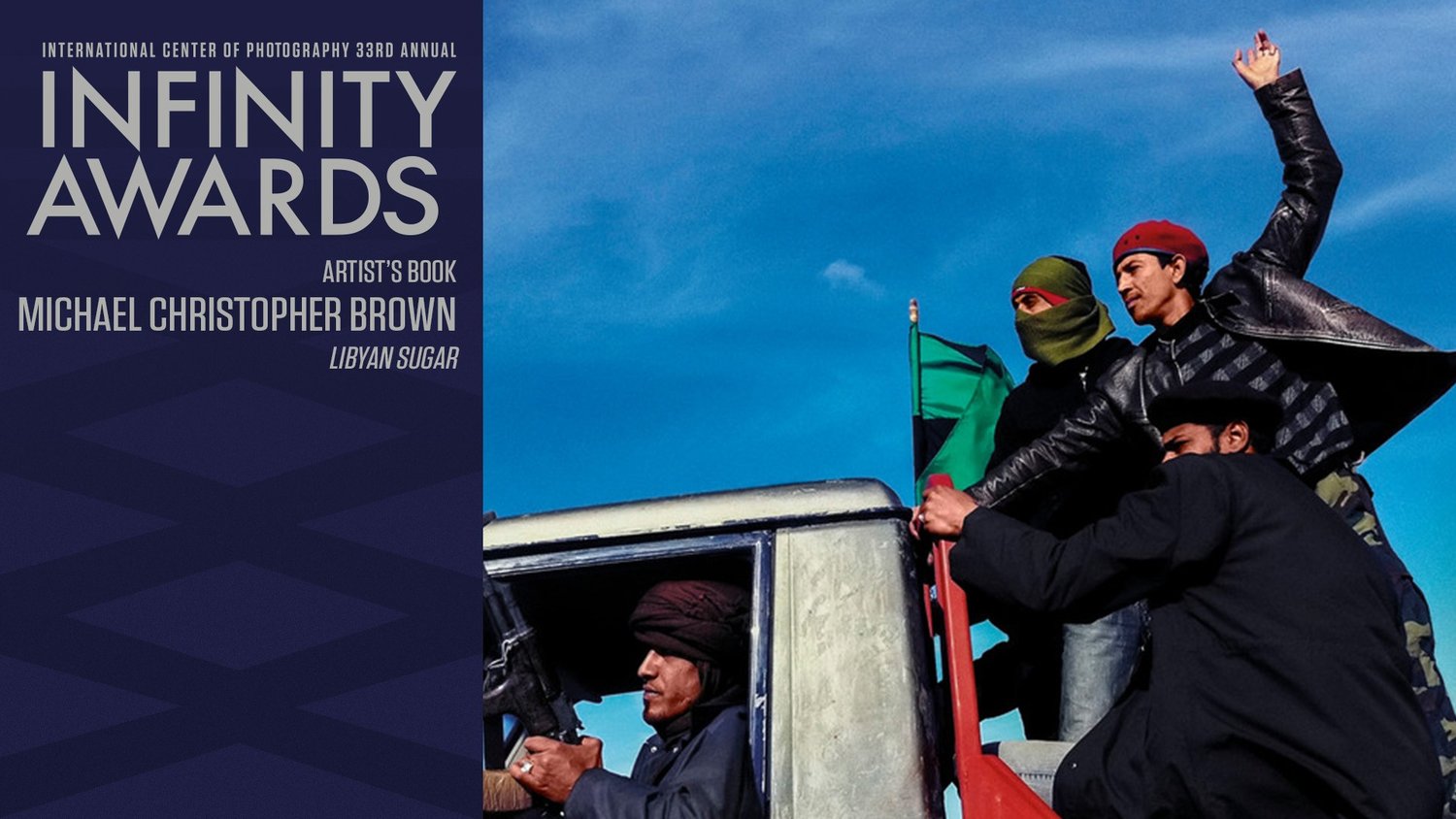
A film about Michael Christopher Brown for the 2017 ICP Infinity Awards.

The Long Night, a feature film by Tim Matsui and MediaStorm, gives voice and meaning to the crisis of minors who are forced and coerced into the American sex trade.
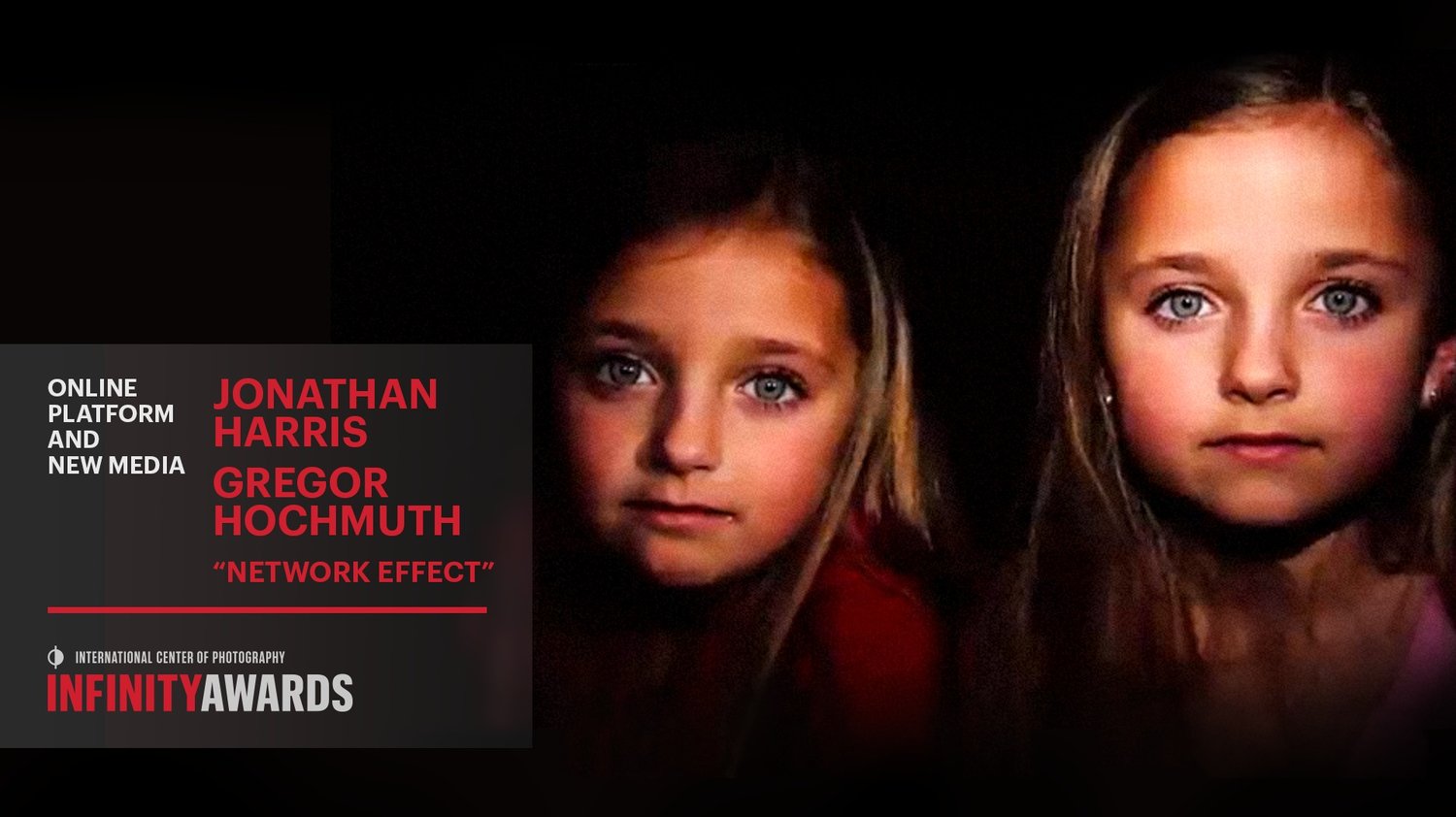
Jonathan Harris and Greg Hochmuth have a complicated relationship with the internet and have worked together to develop an artwork that explored some of the more difficult consequences of what it means to live with the internet.

In 1977, Robyn Davidson walked 1,700 miles across the Australian outback. National Geographic sent Rick Smolan to photograph her perilous journey—a trek that tested and transformed them, forming an immutable bond that continues to this day.
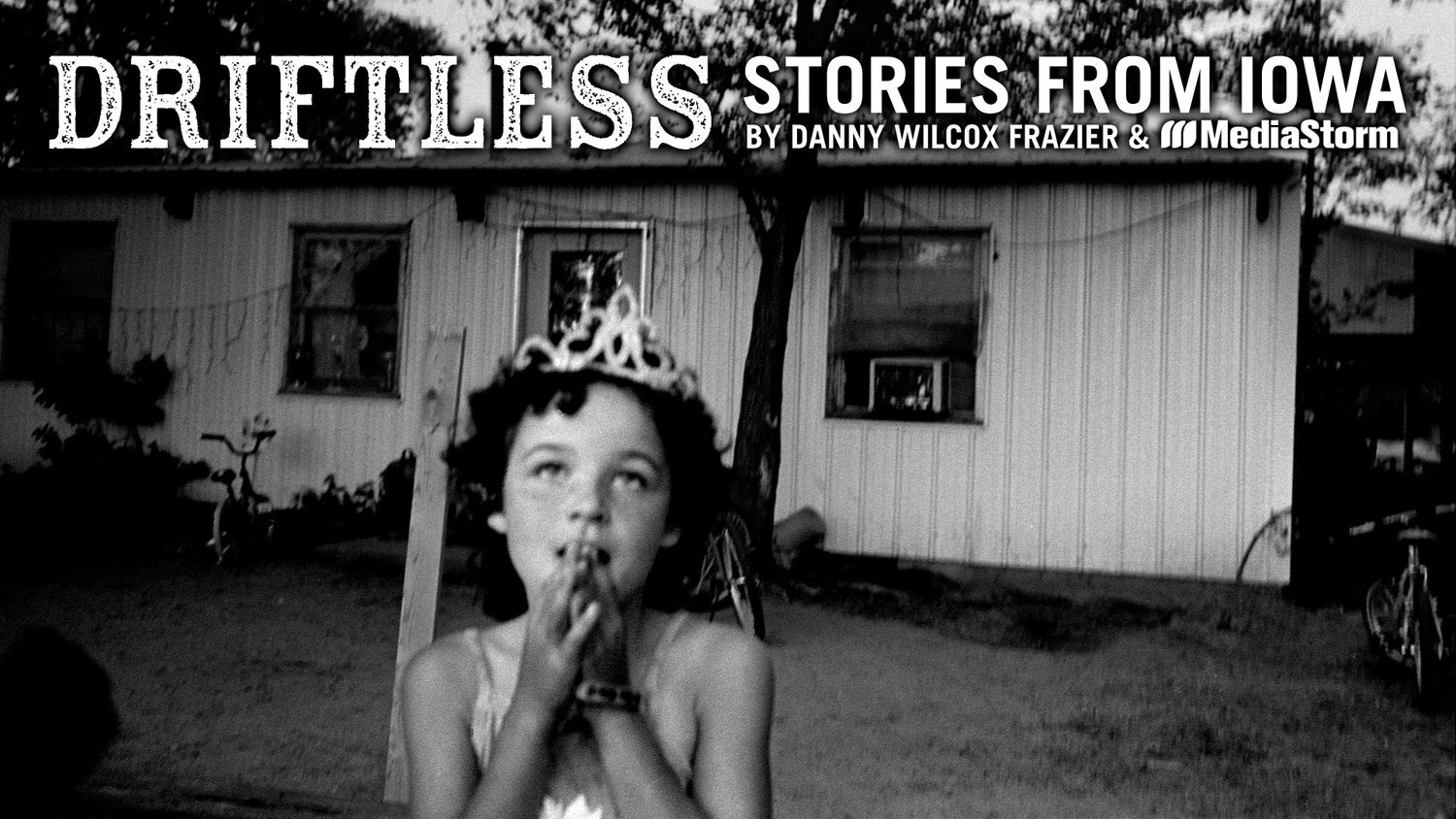
Once at the center of the U.S. economy, the family farm now drifts at its edges. In Iowa, old-time farmers try to hang on to their way of life, while their young push out to find their futures elsewhere. Driftless tells their stories.
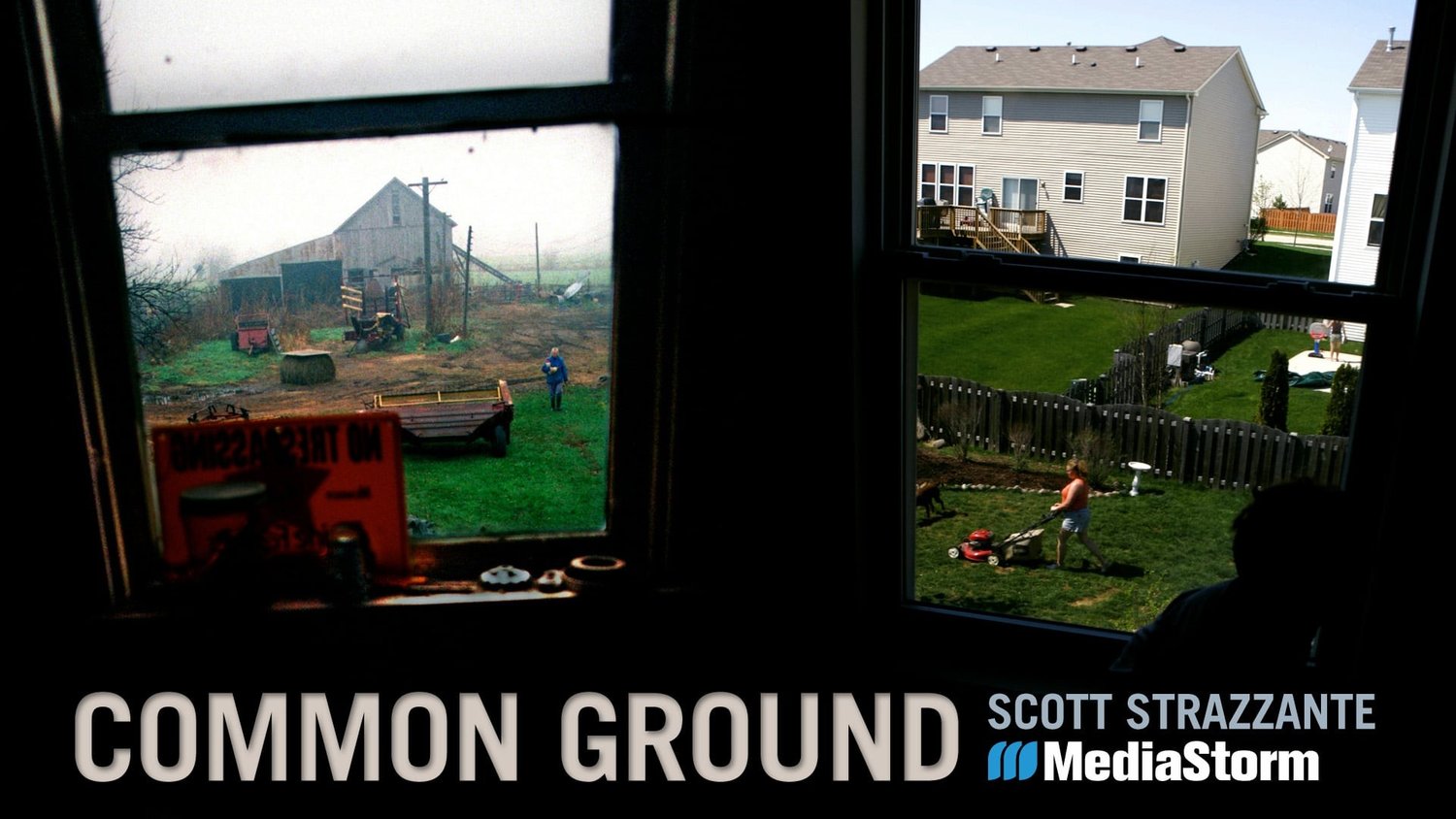
The American family farm gives way to a subdivision - a critical cultural shift across the U.S. Common Ground is a 27-year document of this transition, through the Cagwins and the Grabenhofers, two families who love the same plot of land.

For Walter Backerman, seltzer is more than a drink. It’s the embodiment of his family. As a third generation seltzer man, he follows the same route as his grandfather. But after 90 years of business, Walter may be the last seltzer man.

Larry Fink has spent over 40 years photographing jazz musicians, wealthy manhattanites, his neighbors, fashion models, and the celebrity elite. His archive is a thoughtful collection of American history, and Fink’s experience of it.

LaToya Ruby Frazier’s body of work “The Notion of Family” examines the impact of the steel industry and the health care system on the community and her family. Collaborating with her mother and grandmother, she uses her family as a lens to view the past, present and future of the town.

Tomas Van Houtryve wants there to be a permanent visual record of the dawn of the drone age, the period in American history when America started outsourcing their military to flying robots. In order to create this record, Van Houtryve sent his own drone into American skies.

Evgenia Arbugaeva was born in the magical town of Tiksi, Russia. This barren, arctic landscape influenced Arbugaeva in almost every aspect of her dreamlike photography.
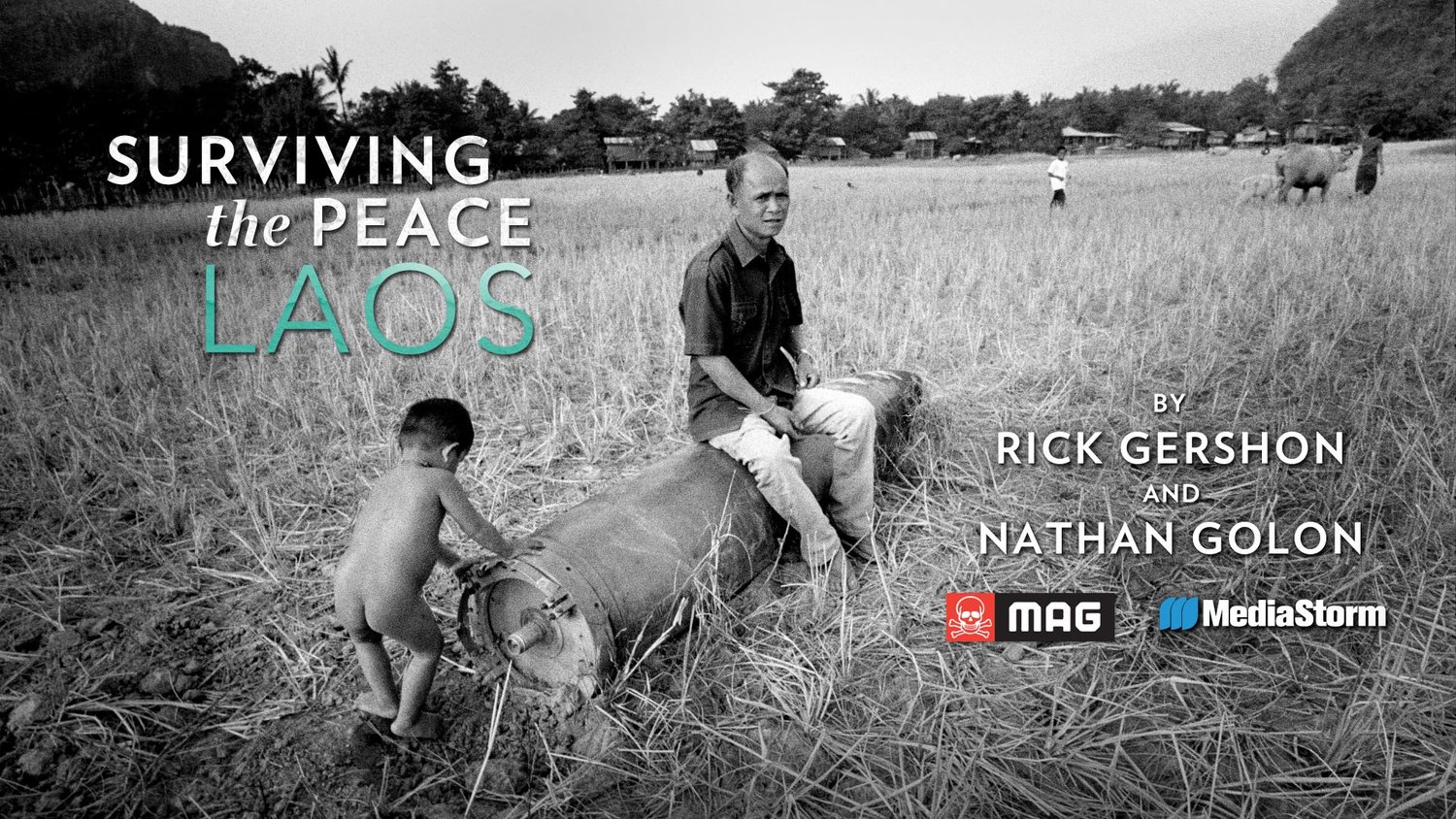
Surviving the Peace: Laos takes an intimate look at the impact of unexploded bombs left over from the Vietnam war in Laos and profiles the dangerous, yet life saving work, that MAG has undertaken in the country.

A family is determined to give their disabled son a whole and vital life. In the midst of a great burden, one small child – with a seemingly endless supply of love – is the blessing that holds a family together.
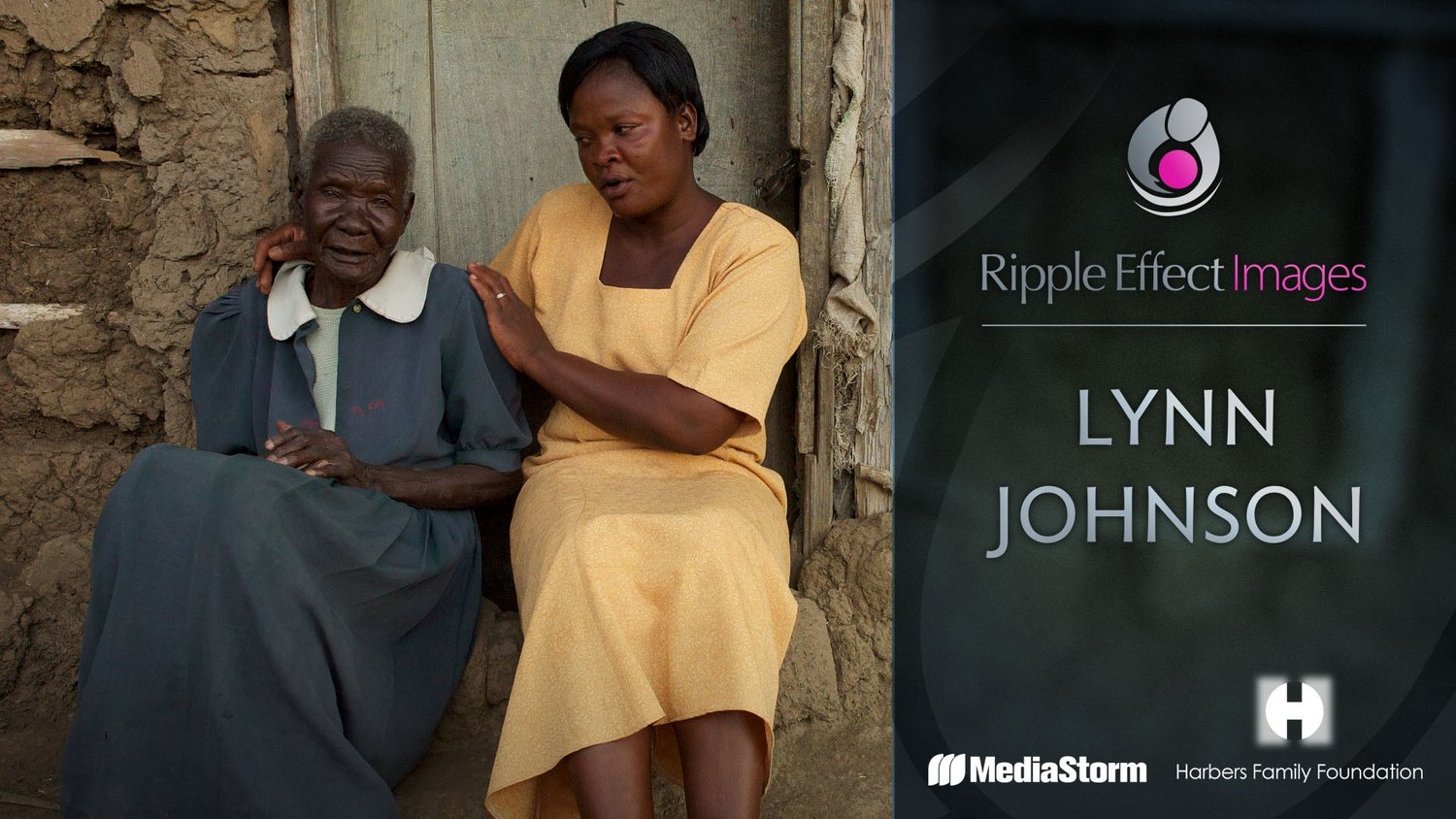
Inspired by the photographs of the Farm Security Administration growing up, Lynn Johnson has spent nearly 35 years as a photojournalist working for LIFE, National Geographic, Sports Illustrated and various foundations.
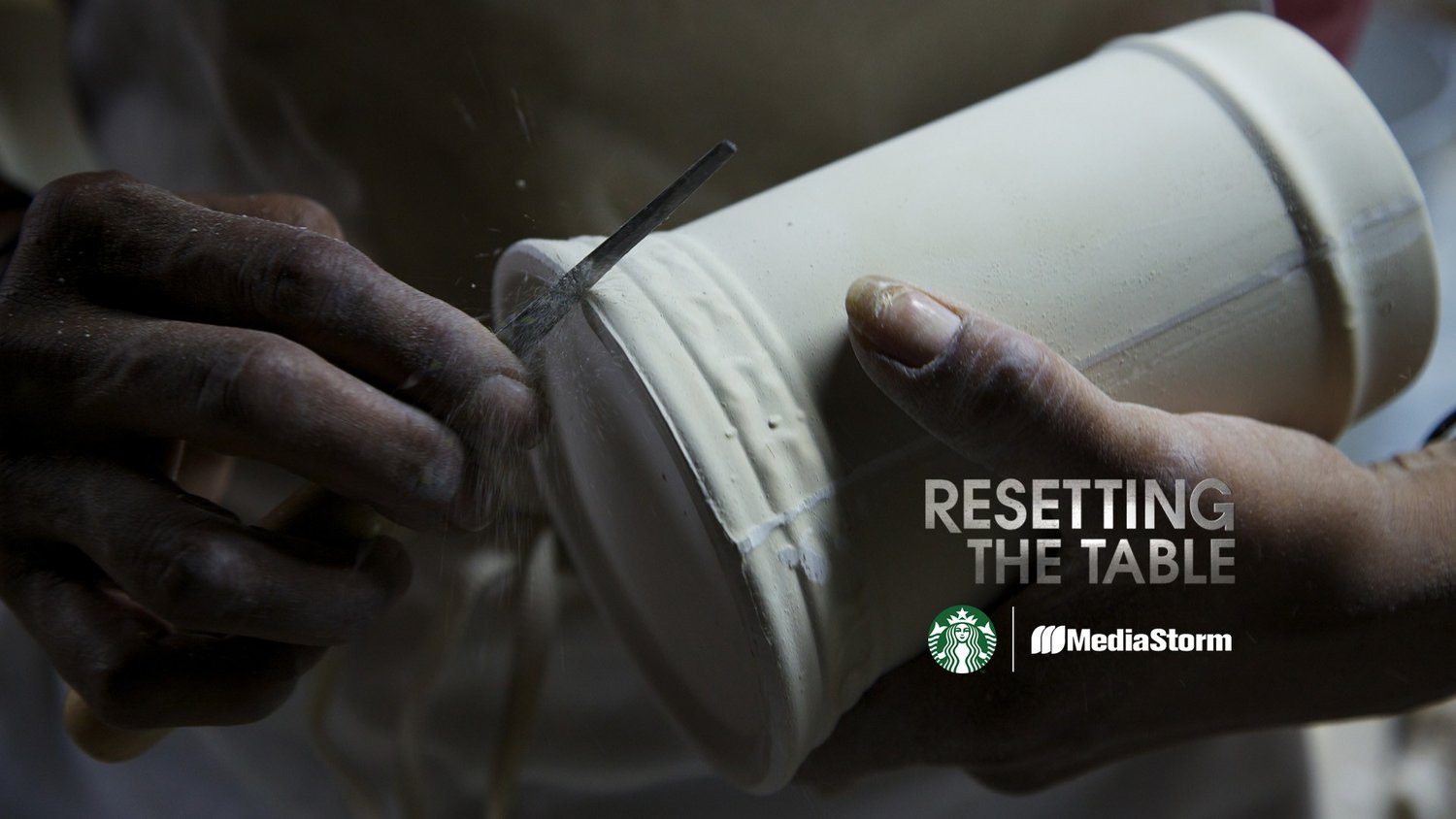
Resetting the Table takes a unique, personal look at the impact Starbucks’ Create Jobs for USA program has had on the American Mug & Stein pottery facility in East Liverpool, Ohio.
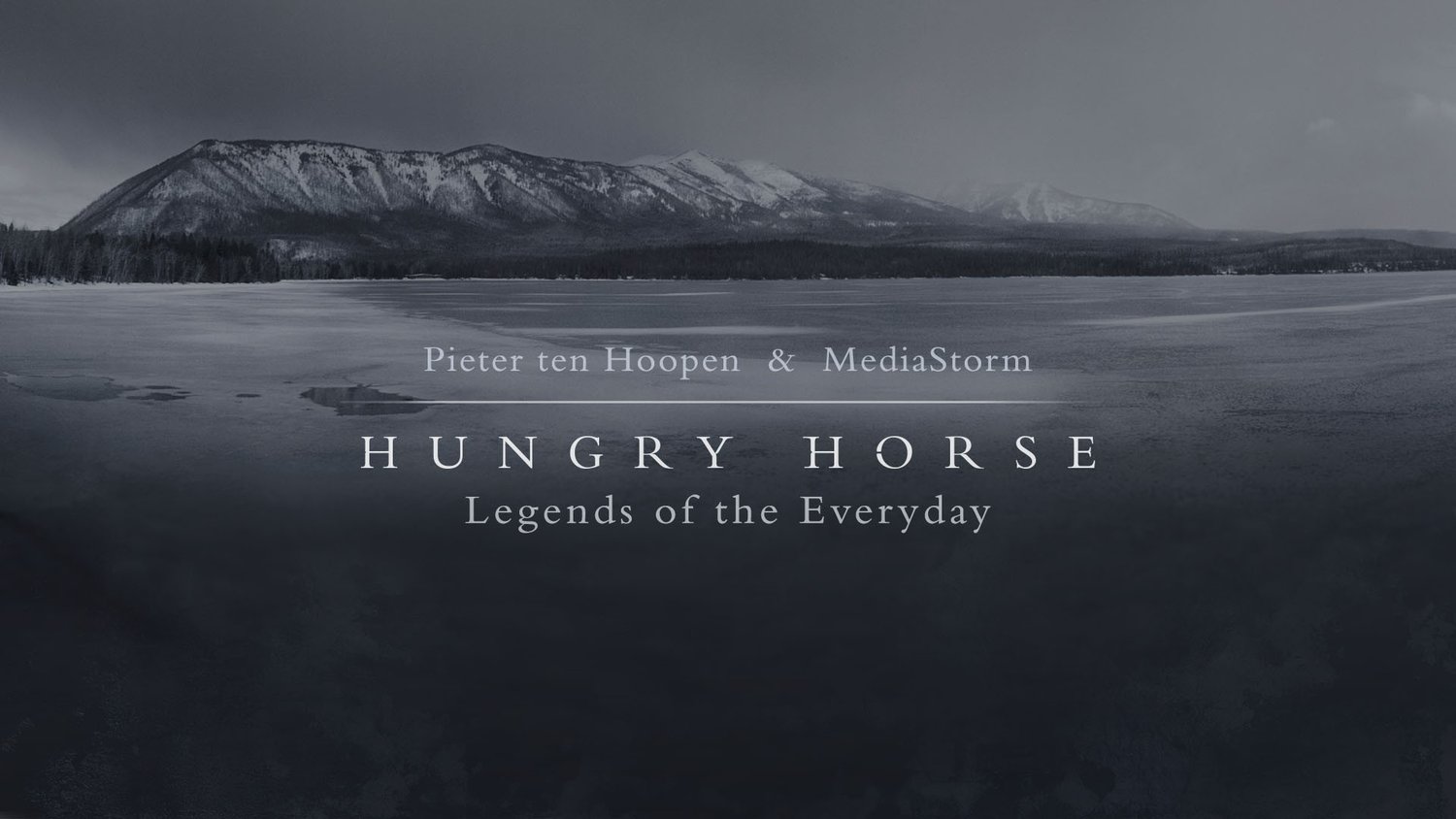
Hungry Horse captures the spirit of renewal, peace and serenity through stunning landscapes and intimate oral histories.

Using humor and a love of fantasy, "The Amazing Amy" Harlib connects with audiences through performing strenuous yoga-based contortion acts in New York City.

In many countries, girls as young as eight are forced into marriage by their families, culture and economic situation. This practice destroys their chance at education leading to tragic results.
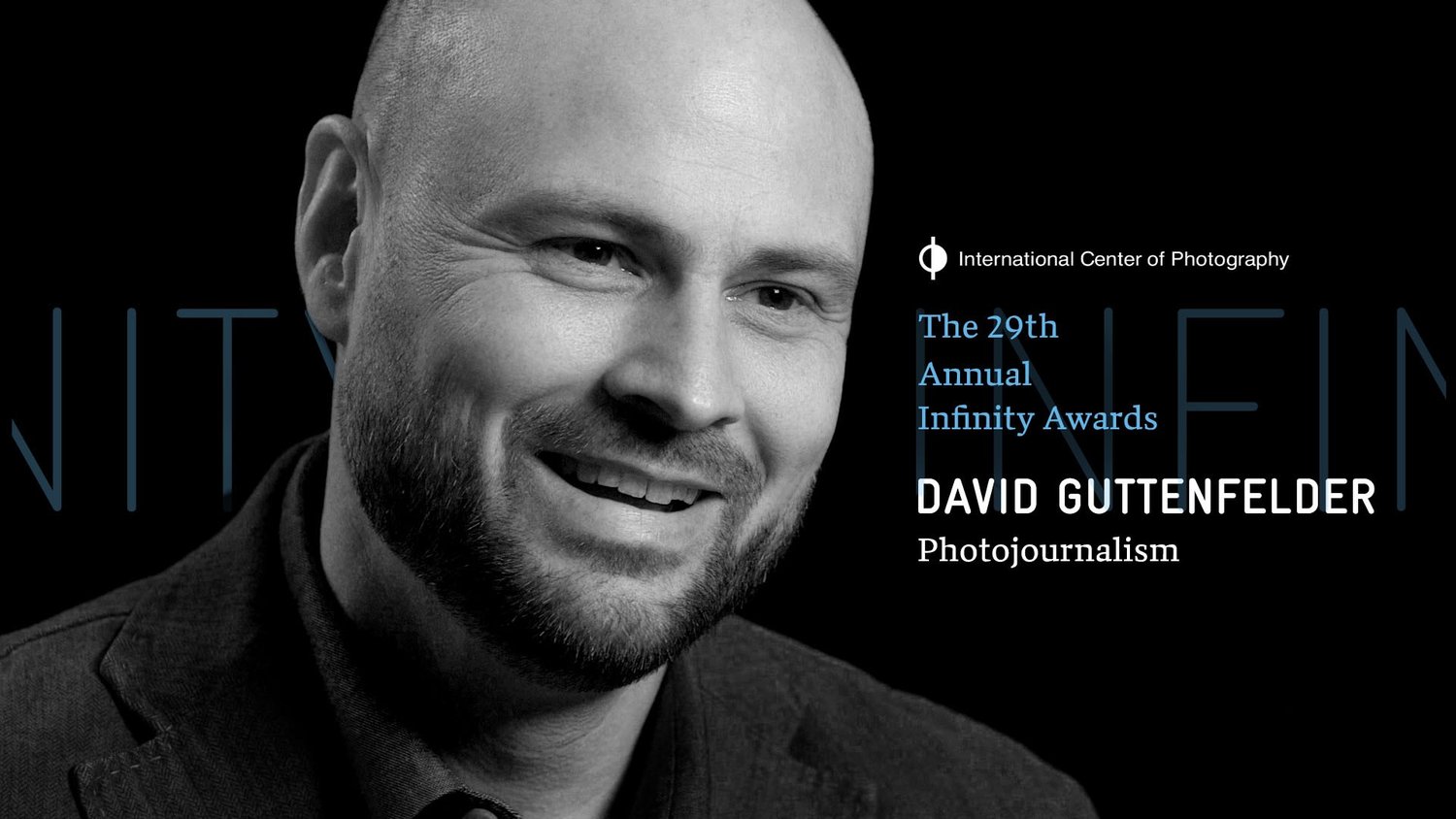
Surreal and mysterious, North Korea was a black hole to outsiders wanting a glimpse of the country. That all changed in 2012, when AP photographer David Guttenfelder led the opening of the bureau's newest office inside the North Korea.
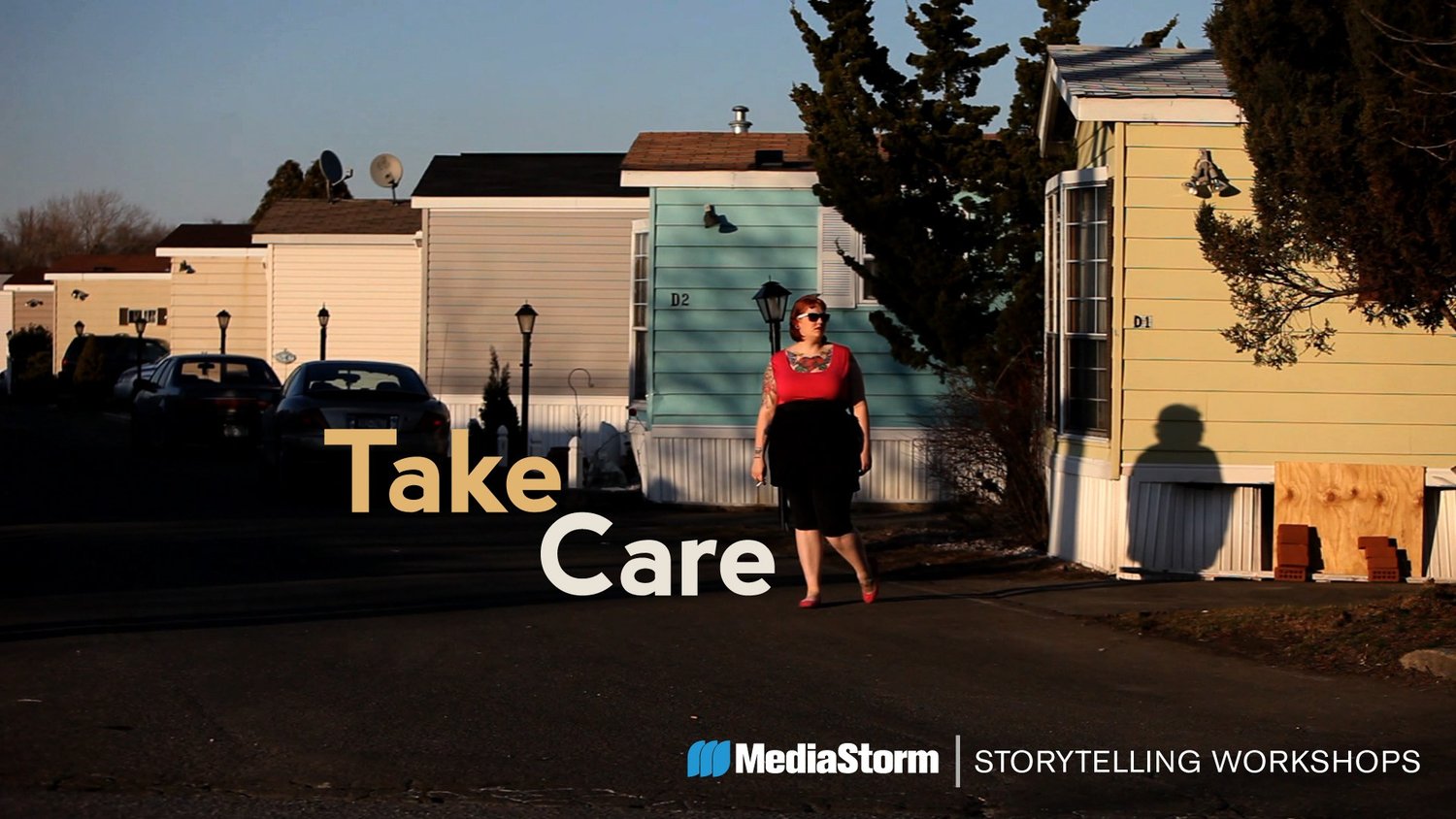
Virginia Gandee's brilliant red hair and dozen tattoos belie the reality of this 22-year-old's life. Inside her family's Staten Island trailer her caregiving goes far beyond the love she has for her daughter.
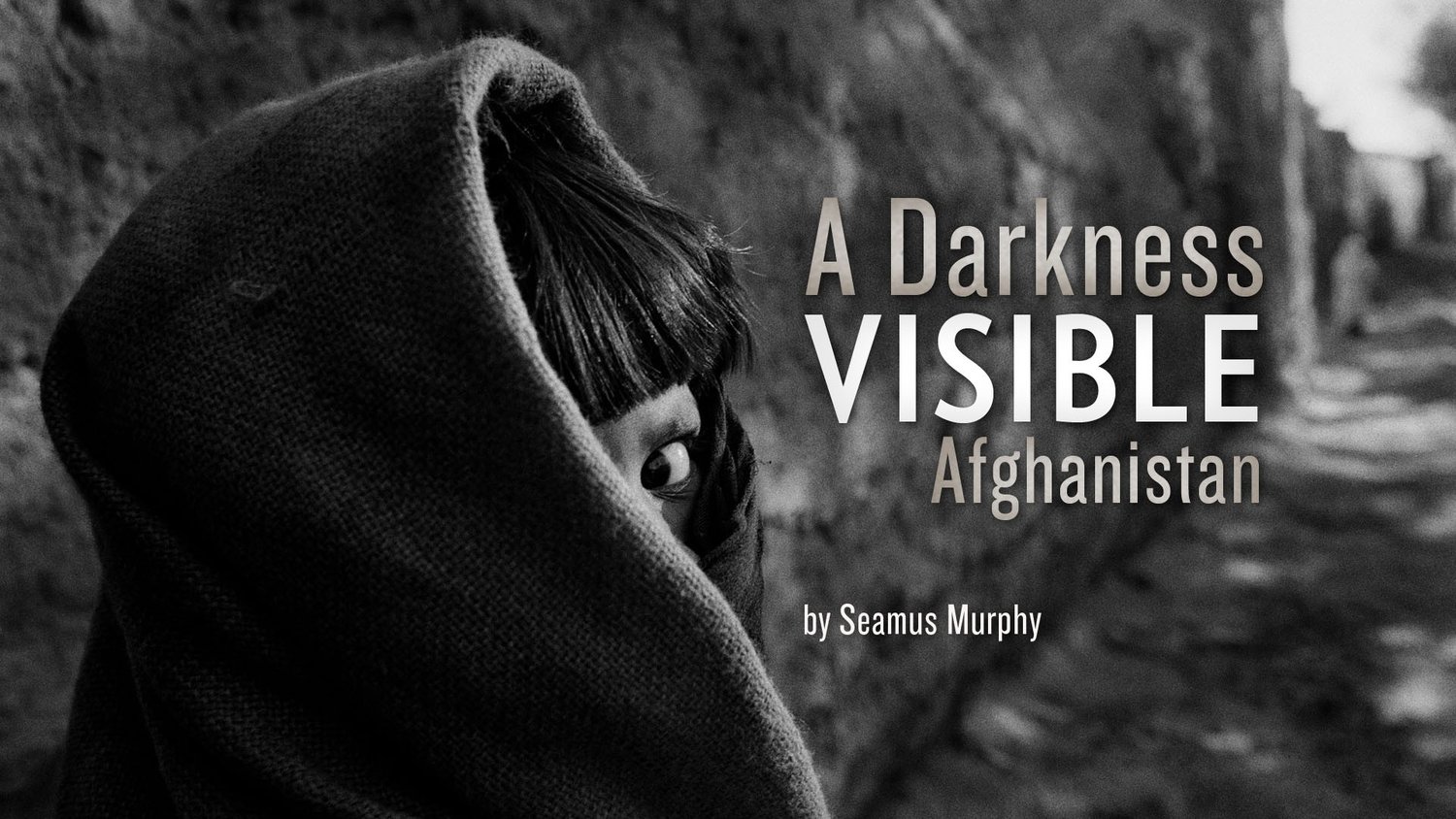
Based on 14 trips to Afghanistan between 1994 and 2010, A Darkness Visible: Afghanistan is the work of photojournalist Seamus Murphy. His work chronicles a people caught time and again in political turmoil, struggling to find their way.
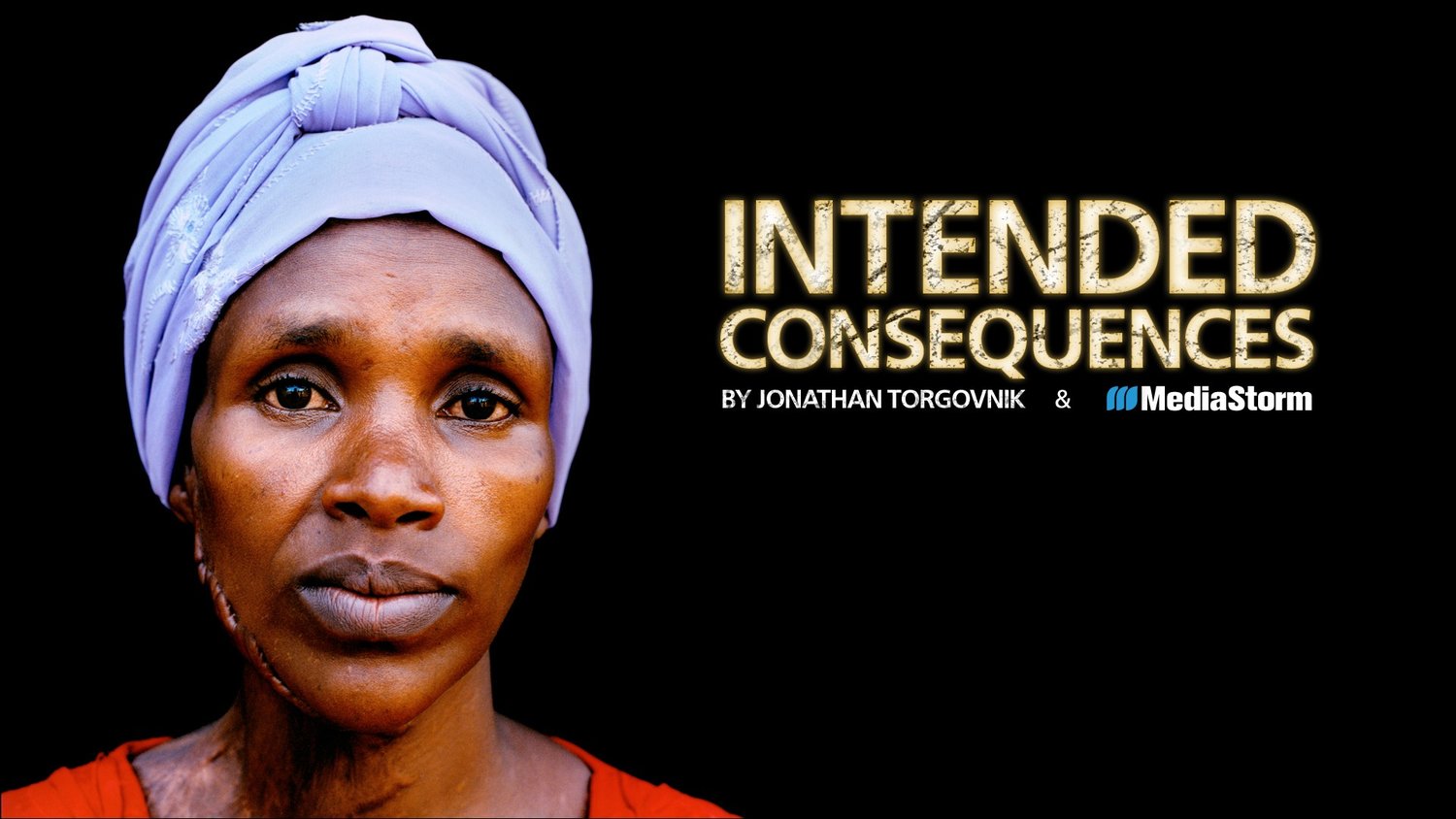
In Rwanda, in 1994, Hutu militia committed a bloody genocide, murdering one million Tutsis. Many of the Tutsi women were spared, only to be held captive and repeatedly raped. Many became pregnant. Intended Consequences tells their stories.

To those who serve in the armed forces, what is the aftereffect of war? The Marlboro Marine is photographer Luis Sinco's portrait of Marine Corporal James Blake Miller, whom he met in Iraq. For Miller, coming home has been its own battle.
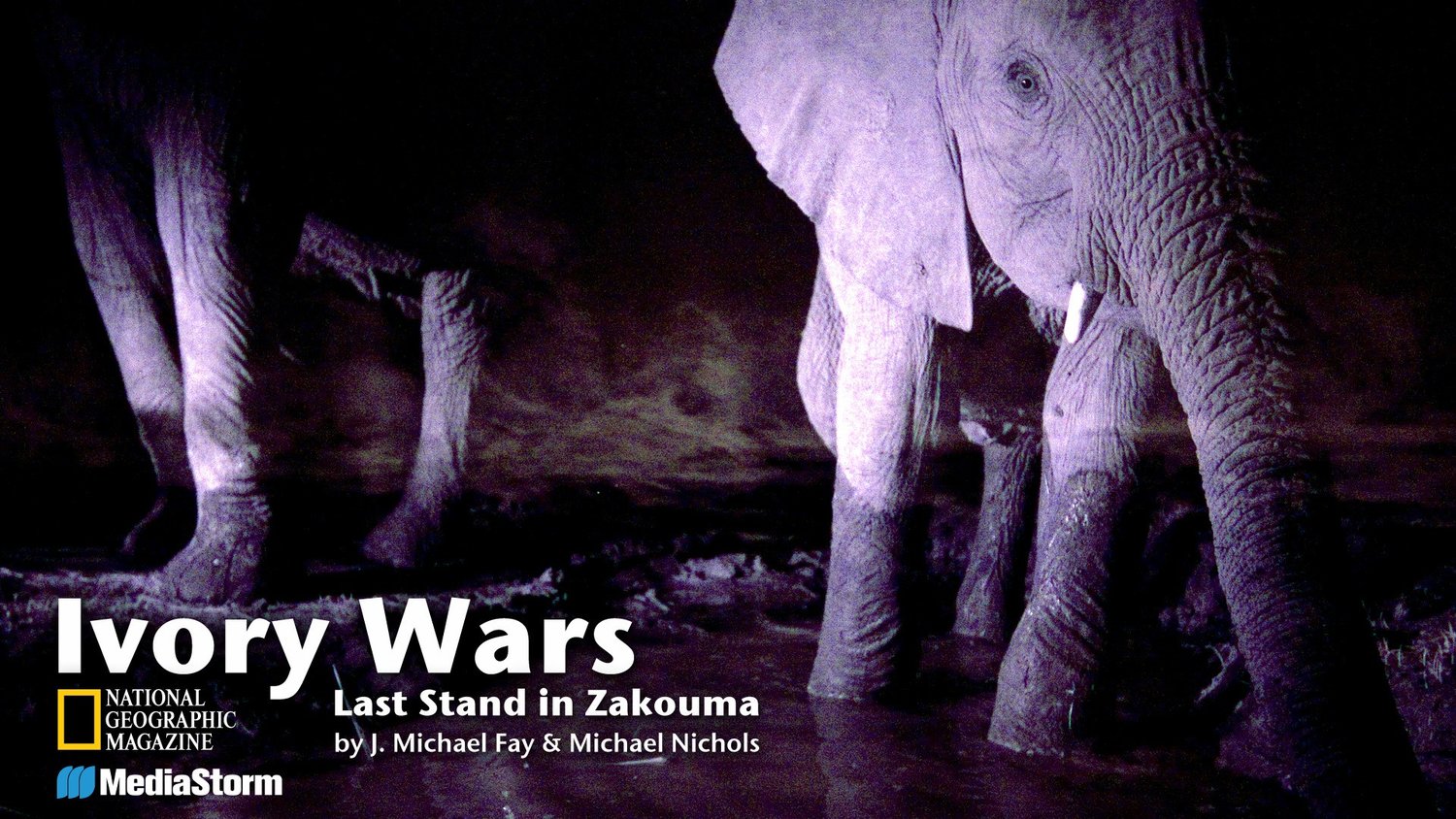
Zakouma National Park is one of the last places on earth where elephants still roam by the thousands. In a land where poachers will slaughter the huge animals for their tusks alone, it takes armed guards to keep them safe.
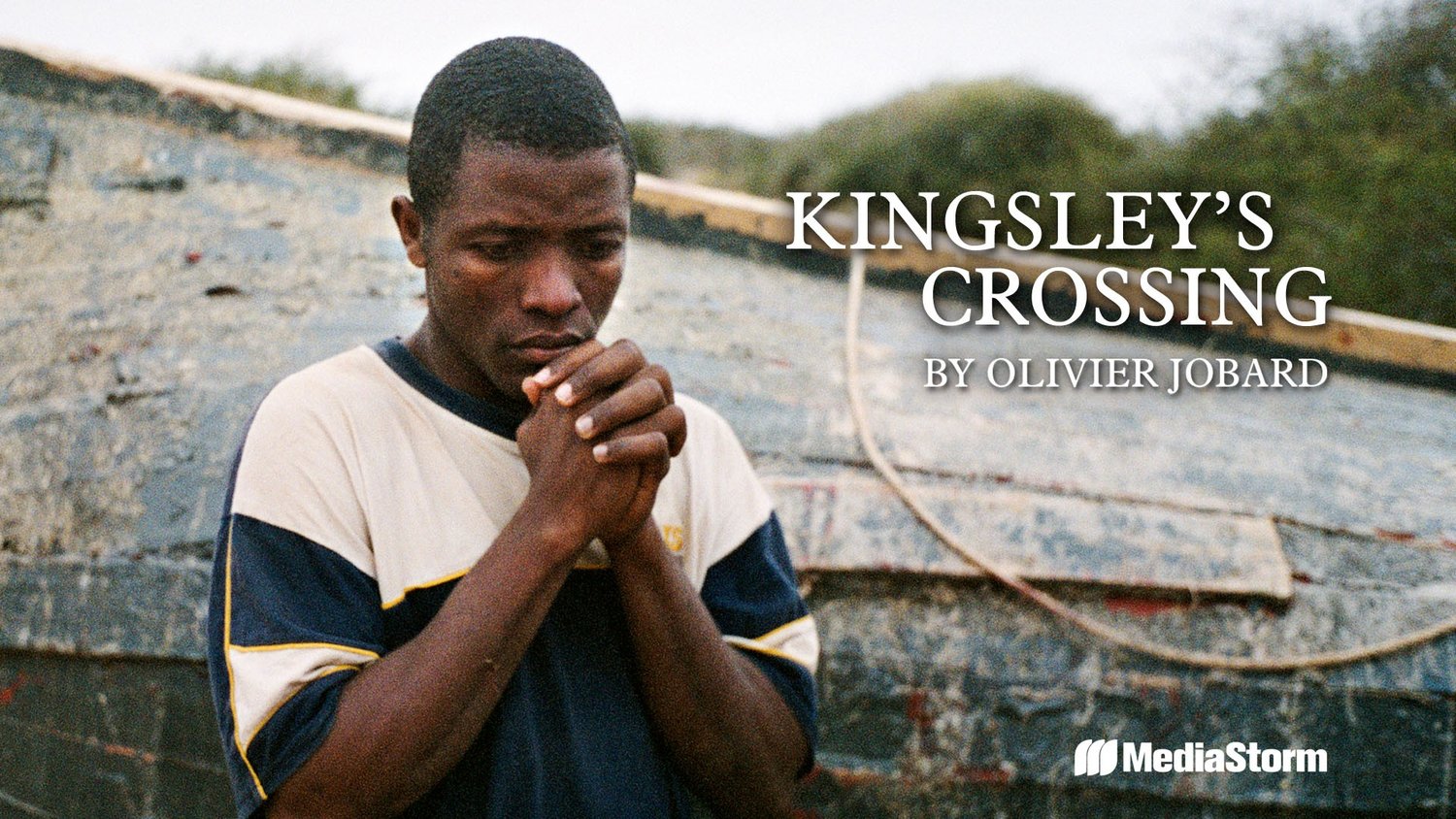
Kingsley's Crossing is the story of one man's dream to leave the poverty of life in Africa for the promised land of Europe. We walk in his shoes, as photojournalist Olivier Jobard accompanies Kingsley on his uncertain and perilous journey.
Collaborate With Us
The MediaStorm Platform is an advanced video platform that extends the user experience beyond linear video to include the interactive capabilities of the Internet.
The MediaStorm Platform is an advanced video platform that extends the user experience beyond linear video to include the interactive capabilities of the Internet.
Follow MediaStorm
Copyright 2025 MediaStorm, LLC | Terms & Conditions | Privacy | Contact
